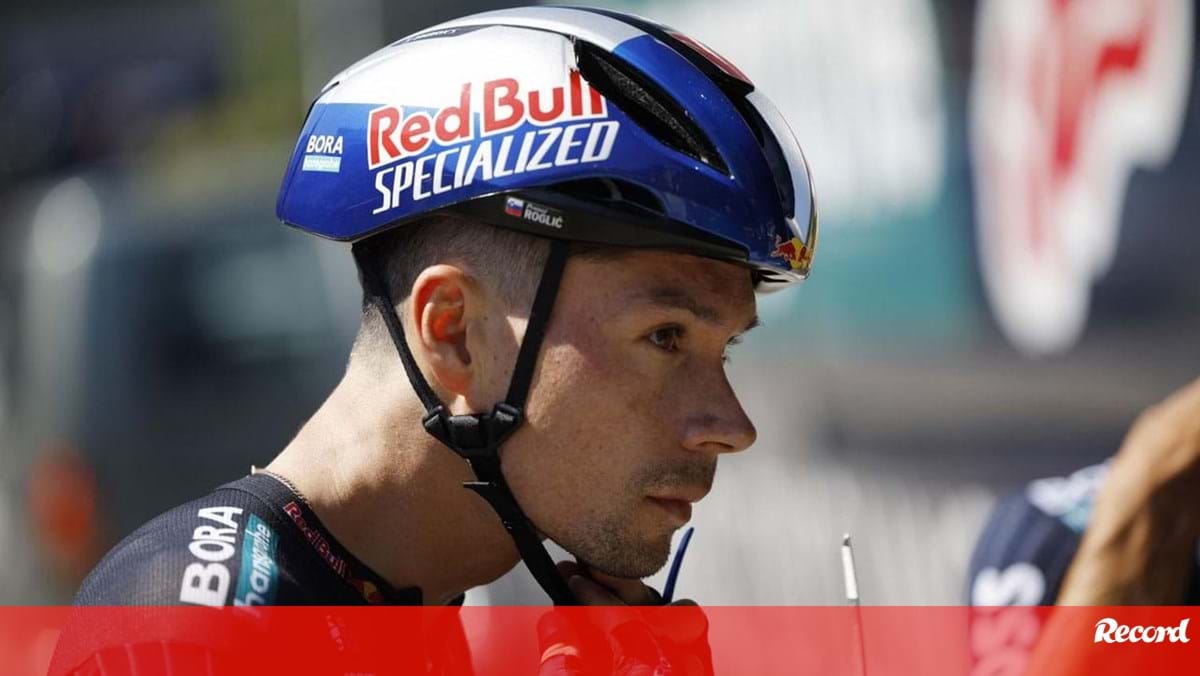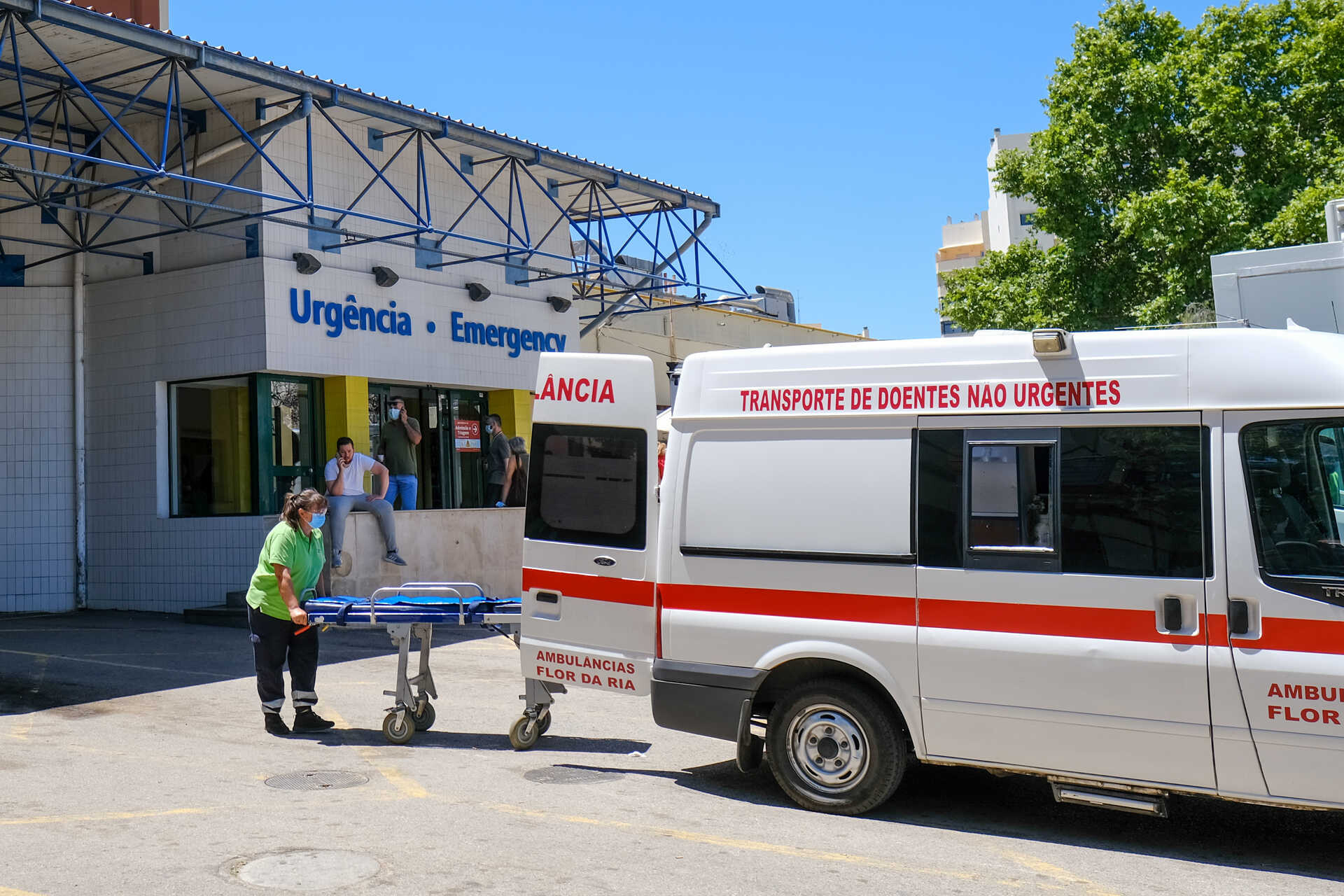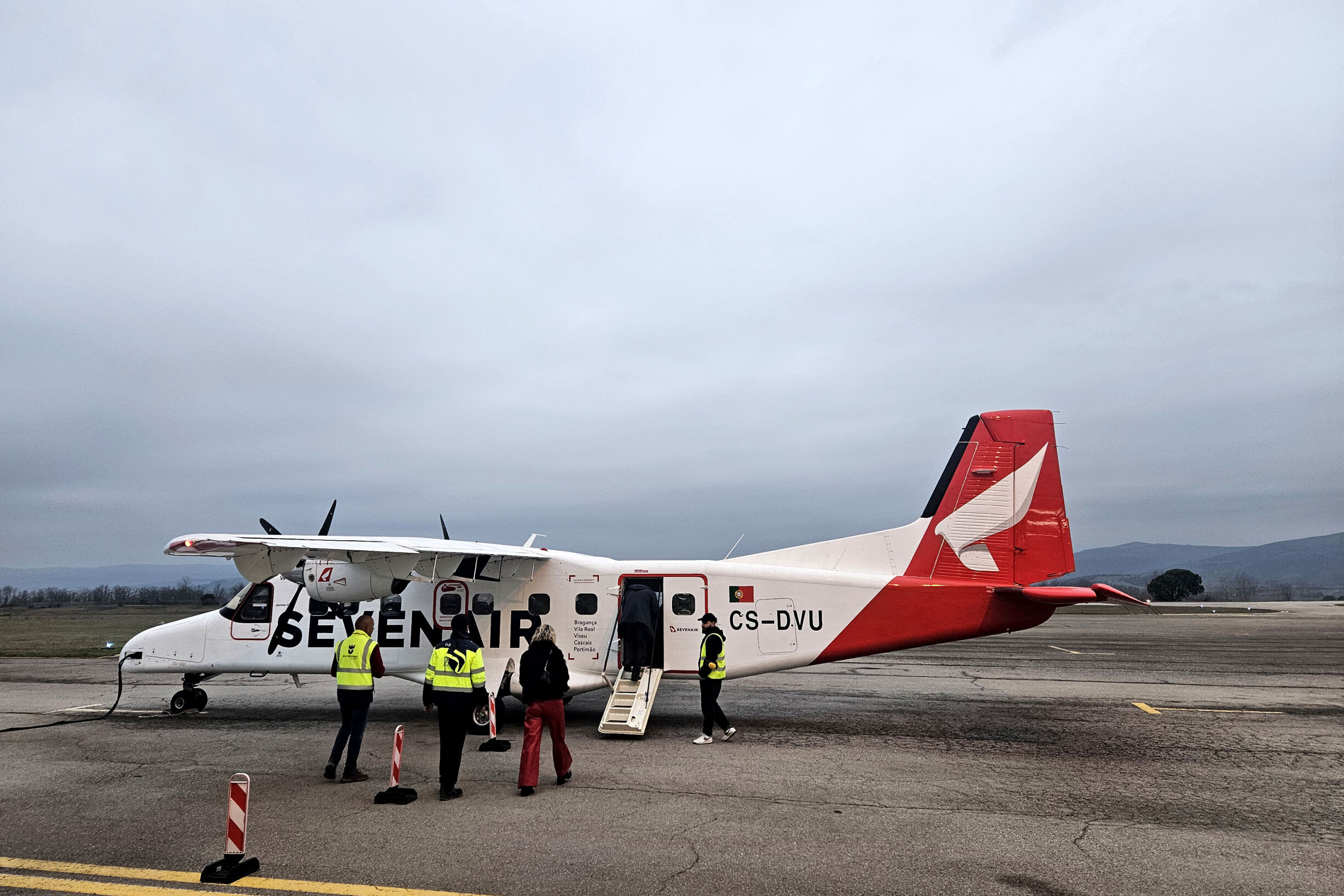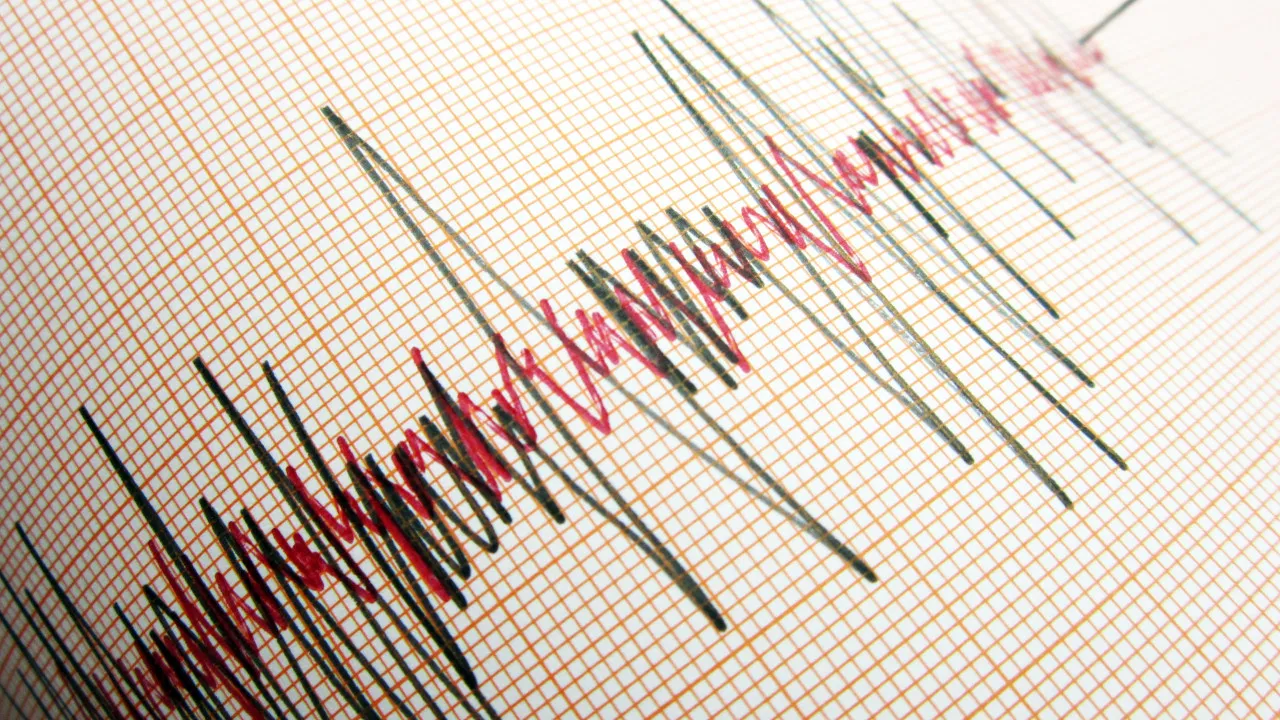Summary:
Over 200 fuel drums linked to drug trafficking found on Algarve beaches
Brigada do Mar collected these polluting containers during a recent cleanup
Environmental activists have removed over 1,029 tons of waste from Portugal's coastline
The most polluted area identified is between Quinta do Lago and Barrinha
Brigada do Mar plans to return in March to continue their cleanup efforts
A concerning environmental discovery in Algarve
Last week, over 200 fuel drums linked to drug trafficking were collected from the beaches of the Algarve by the NGO Brigada do Mar. This operation coincided with reports of hashish bales washing ashore along the same coastline.
The cleaning team, which swept the coastline from Meia Praia in Lagos to Monte Gordo in Vila Real de Santo António, encountered significant pollution during their beach cleaning event held from January 20 to 24. The environmental activists gathered these plastic fuel containers, typically used in high-speed vessels associated with drug trafficking.
Simão Acciaioli, spokesperson for Brigada do Mar, emphasized his extensive experience in these cleanup operations, noting that they have removed over 1,029 tons of marine waste from Portugal's coastline over the past 16 years. He expressed no surprise at the illegal origin of these drums, stating, "For us, it’s not new. We've found these drums in many other areas. They have nothing to do with fishing."

The collected drums were found dispersed along the coast, sometimes in groups of 10 or more. Acciaioli noted that some were even half-full of gasoline, raising alarms about potential environmental hazards.
The cleanup operation was efficient, with a team of two to three members removing an average of 1.5 tons of waste daily, focusing particularly on larger debris. The most polluted area was identified between Quinta do Lago and Barrinha in Faro, which is critical due to its sensitive ecosystems within the Ria Formosa Natural Park.
Future Plans
Brigada do Mar aims to return in March to continue their efforts, particularly targeting the barrier islands of Ria Formosa, where they estimate three to four tons of debris await removal. They face logistical challenges in transporting equipment to these locations but are actively seeking partnerships with municipalities and businesses.
Despite the overwhelming amount of waste, Acciaioli insists that consistent cleanup is vital. He argues, "If we don't collect these 211 drums today, we might face double the problem next year."
The organization relies heavily on donations and fundraising to sustain their operations, highlighting the ongoing need for support in their mission to combat marine pollution.











Comments
Join Our Community
Create an account to share your thoughts, engage with others, and be part of our growing community.